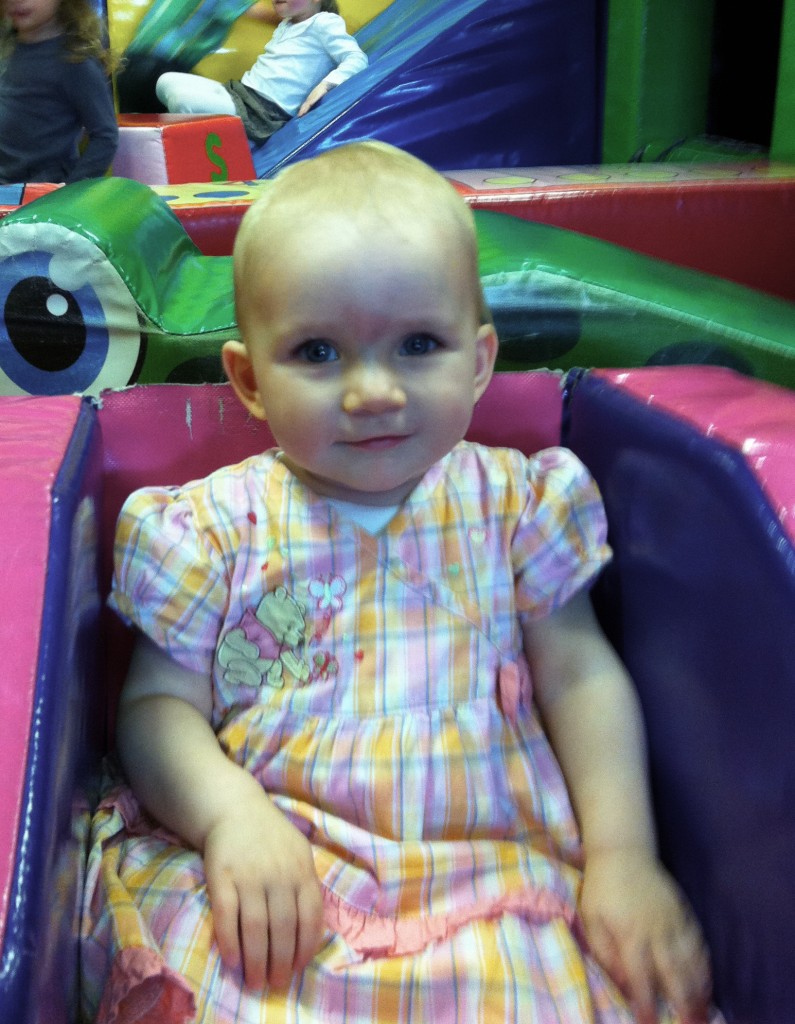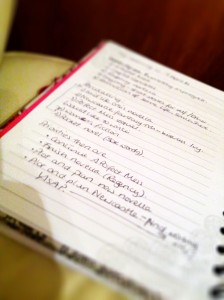As a writer, I think your journey starts right back at the very beginning when you first string letters together and realise they make words. In other words, when you begin to read. Throughout my life I’ve loved reading and rereading and I’ve been influenced to different degrees by the various authors that I’ve read. It’s not that I try to emulate their work (although I sometimes do) or that I want to write in that genre (although I sometimes do!) but that I learn something from each of them. That could be how they write dialogue, the kind of characters they create, the settings and atmospheres they evoke or just a lightness of touch that says so much in so few words and makes me think “Wow, that was good. How do I do that?”
Here’s my personal top eight influences, in no particular order. What are yours?
- Jane Austen – Whatever you think about romantic novels, and hers are among the very best, there’s no denying that Jane Austen was a master at writing about concerns both peculiar to her time and universal. She’s also the queen of quick, witty prose and sharp observations; and her characters are memorable and human, with weaknesses and frailties that we can relate to. I bow in awe.
- Georgette Heyer – Fabulous, evocative and detailed portrayals of Regency life, and by gum she can write a funny scene that has me laughing my socks off every time I read it. This is the kind of historical I want to write – a good story, a happy ending and funny, sympathetic characters that are both hindered and helped by the Society in which they live.
- Eva Ibbotson – I love every one of her books that I’ve read. They appeal to adults and young adults and the language is really beautiful.
- Edith Nesbit – One of my completely favourite childhood authors. I loved her storylines, the mix of magic and everyday life. I think the Psammead is one of the best magical creatures ever, I would love to come up with something like that. She taught me that magic and fantasy interweave with our world to produce the most wonderful stories. And who doesn’t cry at the end of The Railway Children?
- Dr Seuss – the wacky and wonderful words he comes up with and the brilliant, often convoluted rhyming. A staple of my childhood, who I’m introducing to my kids. He teaches you to play with language and though I’m not as brave as he is in just making words up, I’d love to be. There are no rules with Dr Seuss but through him you learn about rhyme and rhythm and poetry. It’s wonderful.
- Lord Tennyson – If only for The Lady of Shalott. My mum read this to me when I was tiny and apparently I loved it and would listen to it over and over. Up until a couple of years ago this disappeared completely from my life then I started re-reading it. I’m fairly convinced it’s responsible in some subliminal way for my love of historical romantic heroines, or as I used to call them, “Ladies in long dresses’.
- C S Lewis – The Chronicles of Narnia are among my favourite books of all time, never mind childhood. Again, it’s the mix of fantasy and real life – throwing ordinary children into magical situations that I would love to try and do really well. Until then, I can totally lose myself in his land. Apparently Tolkien disliked the Narnia stories because Lewis had a real hodge-podge of fantasy elements, throwing in creatures and stories from a huge variety of mythic traditions instead of painstakingly creating a world with its own rules and creatures. I, on the other hand, really like this about Lewis’ work. If ever there was a clear example of how allowing yourself to be influence by your reading can produce amazing results, Lewis is it. He’s also a brilliant Christian writer – Mere Christianity, The Screwtape Letters, The Four Loves, The Problem of Pain and The Great Divorce are wonderful books.
- Terry Pratchett – So prolific! I love a book that makes me laugh out loud and his do, time and again. I also have to say, although I prefer his earlier work, I am hugely inspired by how he has dealt with his illness and found a way to work around it to keep writing.
There are so many more. I take a little away from every book I read – for better or worse! And one day, maybe someone will have me on a similar list of their own.


